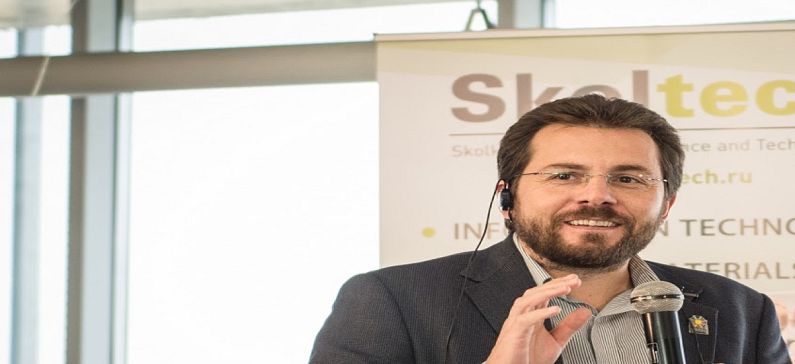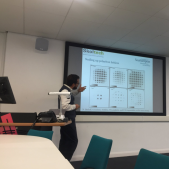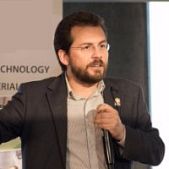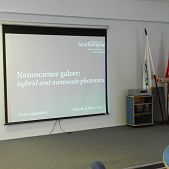
Pioneered in the field of polaritonics
Pavlos Lagoudakis is Professor of Physics at the University of Southampton. He is one among the scientists of the research team which has successfully demonstrated that a type of ‘magic dust’ which combines light and matter can be used to solve complex problems and could eventually surpass the capabilities of even the most powerful supercomputers.
This entirely new design could form the basis of a new type of computer that can solve problems that are currently unsolvable, in diverse fields such as biology, finance or space travel.
The Greek Scientist took his Bachelor in Physics, University of Athens in 2000. In 2003, he received his PhD degree in Physics from the University of Southampton and conducted his postdoctoral research on optoelectronic properties of organic semiconductors at the Ludwig Maximilians University of Munich, Germany. In 2006, he returned to Southampton as Lecturer at the department of Physics and Astronomy, where he combined his expertise in inorganic and organic semiconductors and set up a new experimental activity on Hybrid Photonics. From 2011 till 2014, he chaired the University’s Nanoscience Research Strategy Group. Since 2013, he is the Director for Research at the department of Physics and Astronomy at the University of Southampton. At Skoltech, he has designed, setup and is leading the Hybrid Photonics Group with a focus on hybrid LEDs, PVs and quantum simulators.
He setup and directs ULTRASPEC, a suite for ultrafast spectroscopies. He has pioneered in the field of polaritonics with the first demonstration of polariton laser at room temperature and he is recognized for the realization of the theoretical proposals of Dexter (1979) and Agranovich (1998) on hybrid organic inorganic photonic devices for light harvesting and light emission respectively. His work in hybrid photonics includes the first demonstration of hybrid LED and PV devices utilizing resonance energy transfer, a patented mechanism now adapted by relevant industries (LUXTALTEK, TSMC). For his contribution in the field of polaritonics and hybrid photonics he obtained the IUPAP award on QuantumElectronics (Sydney 2011).
Pavlos Lagoudakis is the author of over 100 peer-reviewed articles, which have appeared in Nature and Physical Review journals, Advanced Materials and Nano Letters among others.
Read also:












